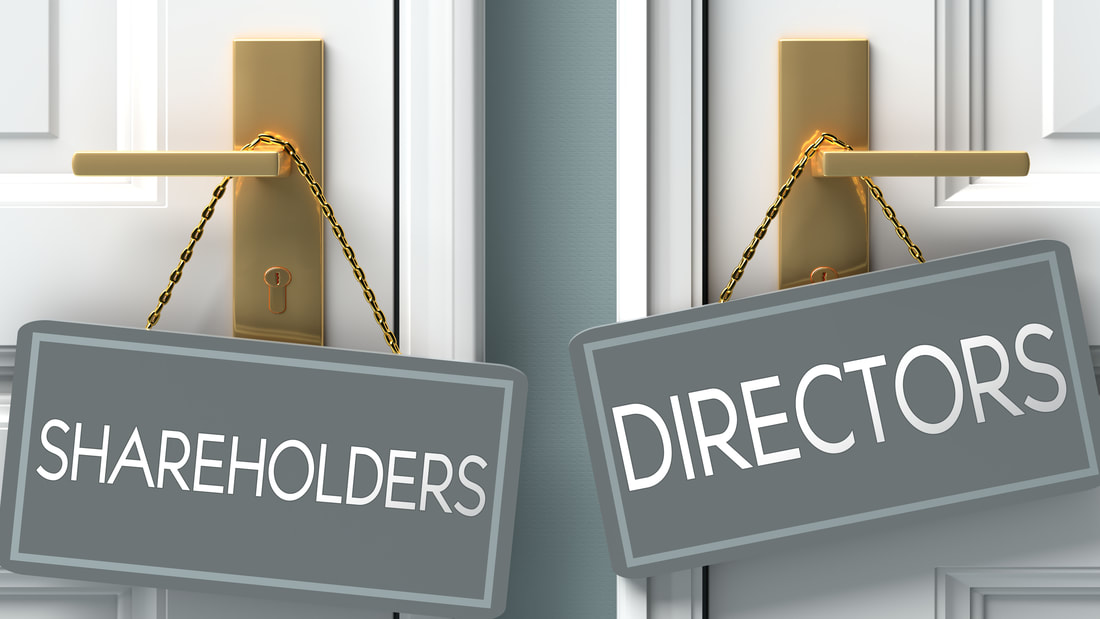|
A unanimous U.S. Supreme Court on Friday ruled that a corporation's failure to disclose certain information about its future business risks, absent any affirmative statement that would make such silence misleading, cannot itself be the basis of a private securities fraud claim.The court vacated and remanded a Second Circuit decision in favor of Macquarie Infrastructure Corp. shareholder Moab Partners LP. Moab accused Macquarie of misleading investors by remaining silent about the impact that a soon-to-be-implemented global ban on high-sulfur fuels would have on its oil storage business. The investor said the company committed fraud under U.S. Securities and Exchange Commission Rule 10b–5(b) by remaining silent on the issue. But a "duty to disclose ... does not automatically render silence misleading under Rule 10b–5(b)," the high court reasoned in an opinion authored by Justice Sonia Sotomayor. Instead, management's failure to disclose trends or uncertainties that could harm their business can support a claim "only if the omission renders affirmative statements made misleading," the court said.Salvatore Graziano of Bernstein Litowitz Berger & Grossmann LLP, one of the lawyers representing Moab Partners, told Law360 on Friday that the Supreme Court's decision was not the end of the road for his client. "There is going to be no impact on our case, because the Supreme Court has given us a road map to plead a half-truth, which we have," Graziano said, pointing to statements made in 2015 and 2016 that he said made it appear as if demand for the stored products was not decreasing. He also said the proposed class of investors will continue to push securities fraud claims under separate provisions of Rule 10b–5(b) that the high court did not rule on, as well as under the Sarbanes-Oxley Act of 2002. Linda Coberly of Winston & Strawn LLP, one of the attorneys representing Macquarie, said she was thrilled with the justices' decision. "It provides critical guidance to companies, litigants and judges, for our case and beyond," she said. "Our case will now move forward with this important clarification in the law." The lawsuit was filed in 2018 and accuses Macquarie of failing to warn investors that the company's most profitable segment stood to lose a significant amount of fuel storage business once an international fuel standard known as IMO 2020 went into effect. The regulation was adopted in 2016, four years before going into effect, but shareholders allege that Macquarie waited two years before publicly announcing a drop-off in customers due to the decline in fuel sales. The announcement led the stock price to drop 41%, according to Friday's Supreme Court opinion. Macquarie won dismissal of the case at the district court, which ruled that Moab Partners had not alleged that the company made any actionable half-truths about its reliance on the regulated fuel oil. The Second Circuit revived the case, saying that corporations have a duty not to omit material information. The company argued that a split still lingered between the Second Circuit and other circuit courts over the applicable standard of disclosure under Item 303, which requires management to discuss trends or uncertainties facing the company. The high court initially planned to address the split in 2017 through a case brought by Leidos Inc., but that case settled before the court could hear oral arguments or issue an opinion. Any broader impact on securities litigation from Friday's ruling will be limited, Graziano said, since companies can still be sued by the SEC for outright omitting necessary information from Item 303 statements. The SEC weighed in on the Supreme Court case in favor of Moab Partners, telling the court that investors rely on a company's MD&A disclosures to understand a company's financial risks and that allowing companies to omit those risks "would allow unscrupulous parties to exploit the very trust that disclosure requirements are designed to foster." The agency didn't immediately respond to a request for comment. Macquarie is represented by John E. Schreiber, Kerry C. Donovan, Lauren Gailey and Linda Coberly of Winston & Strawn LLP, as well as by Richard W. Reinthaler. Moab Partners is represented by Salvatore J. Graziano, Lauren Amy Ormsbee, Jesse L. Jensen and William E. Freeland of Bernstein Litowitz Berger & Grossmann LLP, David C. Frederick, Joshua D. Branson and Dustin G. Graber of Kellogg Hansen Todd Figel & Frederick PLLC, and Lori Marks-Esterman and John G. Moon of Olshan Frome Wolosky LLP. The government is represented by Megan Barbero, Michael A. Conley, Jeffrey A. Berger and Rachel M. McKenzie of the U.S. Securities and Exchange Commission and Elizabeth B. Prelogar, Malcolm L. Stewart and Ephraim A. McDowell of the U.S. Department of Justice. The case is Macquarie Infrastructure Corp. et al. v. Moab Partners LP et al., case number 22-1165, in the Supreme Court of the United States.
0 Comments
Leave a Reply. |
HISTORY
April 2024
Categories |
© Walk 4 Change. All rights reserved.


 RSS Feed
RSS Feed